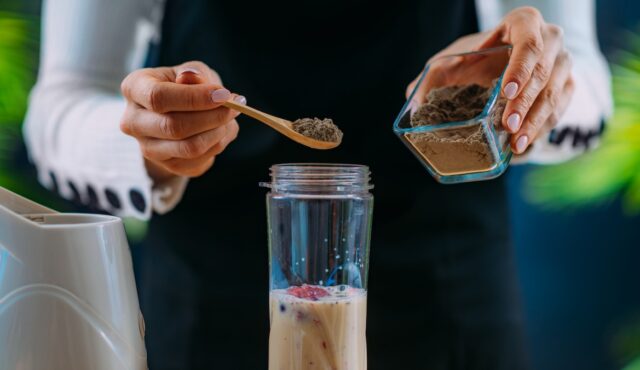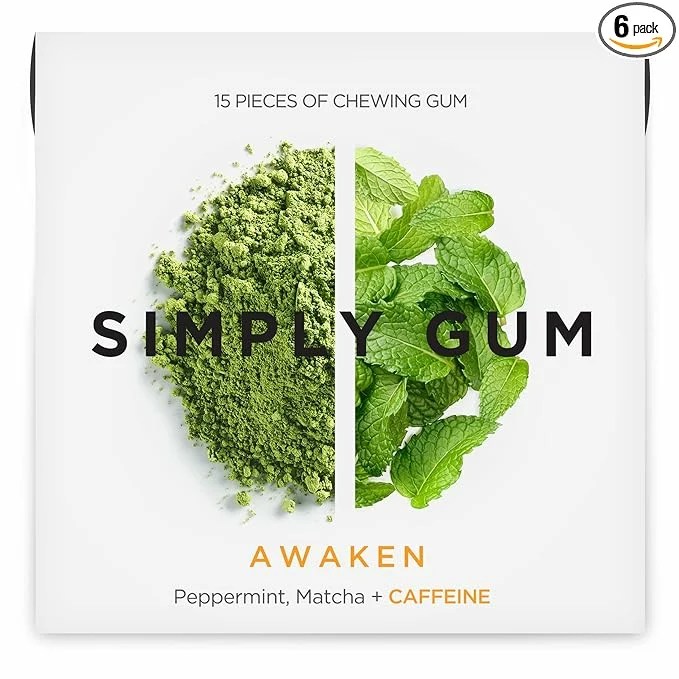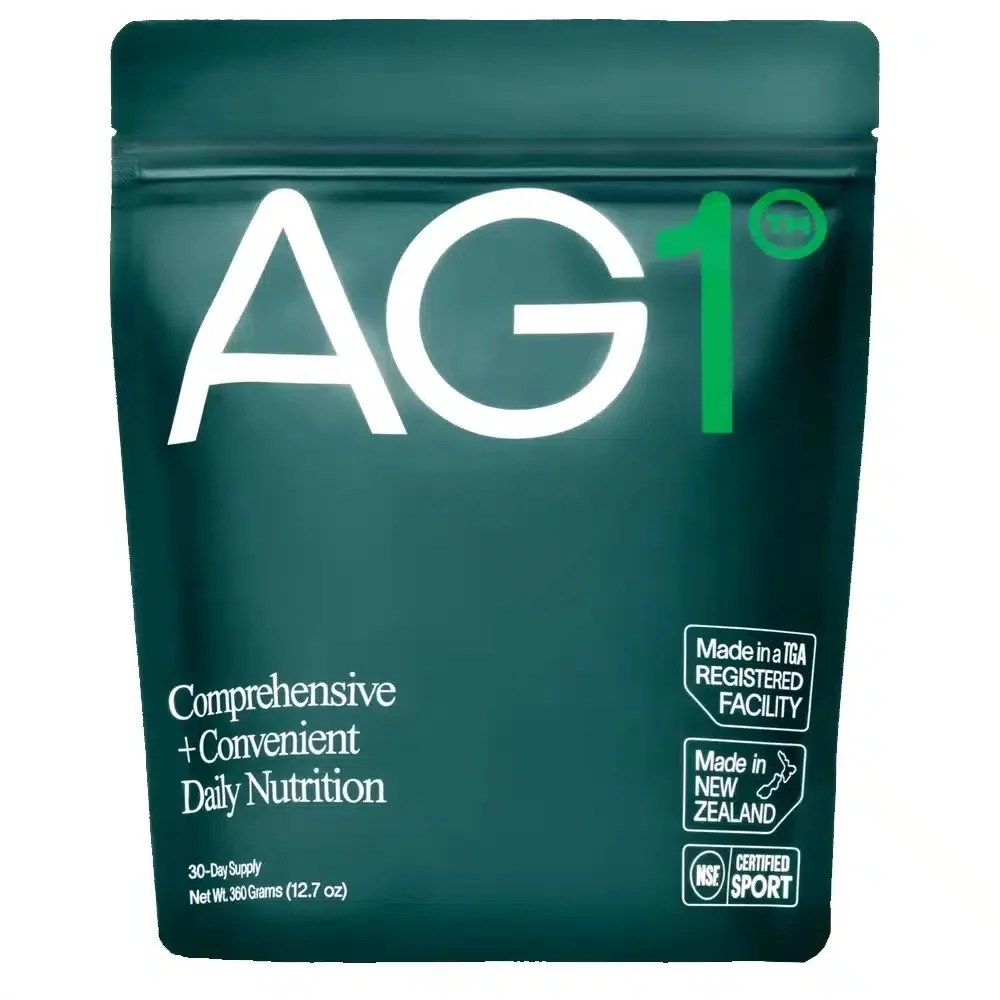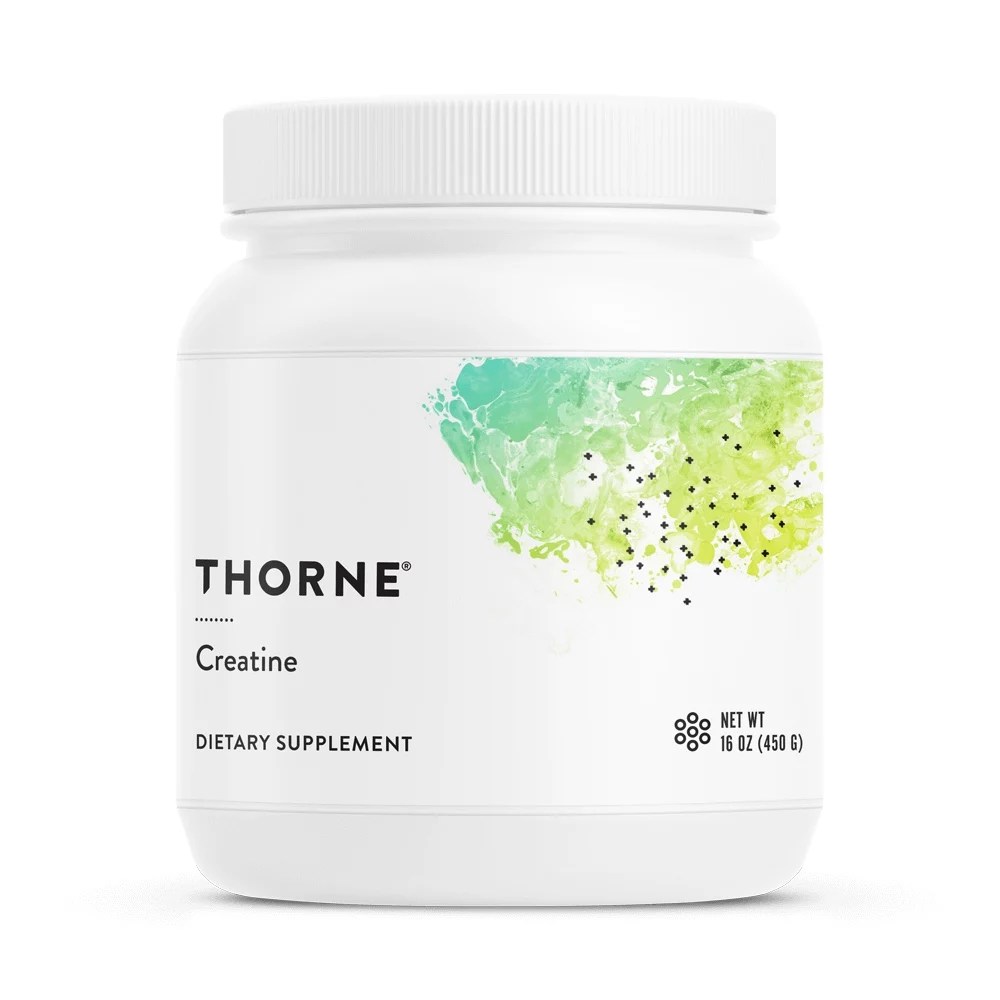The after-work TikTok scroll always yields something new: the “latte makeup” look, Barbiecore, the coastal grandmother aesthetic, day-in-my-life videos, and GRWMs. But not every trend is worth adding to your own daily routine—some require a more critical eye. Especially when considering viral supplements, which pop up on TikTok often, you need to proceed with caution. According to experts, they might not actually be all that they appear. In fact, contrary to popular opinion, supplements aren’t regulated by the Food & Drug Administration (FDA), which means companies can make all sorts of claims without having to back them up. That’s not to say they can’t be beneficial—you just need to be a conscious consumer. (And to always ask a medical provider before adding a supplement into your diet.)
We tapped the experts to get the scoop on supplements, so the next time someone on your FYP is touting a magic powder or some silver-bullet pill, you’ll know whether or not it’s worth the hype.
Why do supplements (and other wellness products) go viral on TikTok?
Even though TikTok might feel like it’s a mostly organic platform (the content that goes viral most often isn’t tagged as an ad or partnership), the truth is that marketing efforts drive most of what floods your feed. This means that companies push products on huge scales to reach creators’ audiences, often via “gifted” campaigns that don’t necessarily have to be disclosed as ads. But there’s also a push for virality on the creator level. Someone creating TikTok content about a brand or product wants that video to perform well, even if that occasionally means adding layers of ‘”hype” that aren’t really true. This includes supplements.
“The biggest thing that stands out to me about supplements that go viral is that they usually do so because the creator has made some outrageous claims about what the supplement will do for someone,” explains Jenn Baswick, RD, MHSc, the founder of The Intuitive Nutritionist. “And oftentimes, these claims aren’t backed by clinical research or health professionals.”
Fitness Manager and Personal Trainer John Russolillo agrees: “Marketing plays a big role in a product’s success, whether that product is legitimate or not. Unrealistic promises and flashy marketing can be a recipe for deception in regards to supplements,” Russolillo says. Most importantly, Tiktok videos tend to target those who aren’t as familiar with supplements or what they do—these videos “offer an easy fix to their problems,” Russolillo says. “That’s why viewers always need to do their research or consult with professionals before trusting wide, sweeping product promises at face value.”
5 Tiktok-famous supplements that are worth trying, according to experts
It’s not just all snake oil—some of the popular products you see on social media do have research-backed health and wellness benefits.
1. Magnesium
Magnesium has been sweeping Tiktok, but it’s one of the supplements that experts do recommend. It’s an essential dietary mineral that is involved in energy production, nervous system function, blood pressure regulation, and blood glucose control. We typically get magnesium from foods like dark leafy greens, bananas, chickpeas, avocados, and more. But recent studies actually estimate that at least 30 percent of Americans aren’t getting enough magnesium on a daily basis.
Baswick recommends magnesium for a few reasons. She explains that “magnesium can support muscle and nerve function, control blood sugar, and help regulate your blood pressure.” And now, Baswick says, “there’s more and more emerging evidence that magnesium also supports sleep, migraines, and PMS-related symptoms, too.”
Like any supplement, you should speak with your doctor before adding magnesium to your routine, but it could be a supplement worth trying, especially if you don’t eat lots of fruits and vegetables that contain it naturally. There isn’t one particular brand of magnesium going viral on Tiktok (there are lots!) but Thorne is a trusted brand that makes science-backed supplements you can trust; the brand partners with leading labs at Cleveland Clinic and Duke University to formulate their products. Some of its products, like its Magnesium Bisyglycinate ($46), are NSF-certified, too (another tell-tale sign it’s the real deal.)
2. Caffeine
Most of us don’t think of caffeine as a supplement but as a staple part of our morning routines. But caffeine technically does function as a supplement in your diet, and it’s one of the most enduring viral products in all its forms across social media. According to Russolillo, “caffeine [helps with] energy and focus, which help you have an efficient and optimal workout for better results and more enjoyment in the gym.” Yes, you read that right—enjoying the gym should be the main goal of your exercise and wellness routine.
So, why caffeine? “If you’re always tired and lethargic in the gym, it’s hard to enjoy it,” Russolillo says. You can always opt for a normal cup of coffee, but could also try a supplement like Simply Gum’s Awaken Gum ($15). This gum is made with peppermint and matcha and contains 180 mg of caffeine in each pack, which is the equivalent of two cups of coffee. Especially if you don’t like the taste of coffee, this could be a great alternative to get a boost of caffeine to support your workouts.
3. Athletic Greens
Athletic Greens is everywhere on TikTok at the moment. Bianca Vesco, NASM, CPT, a personal trainer, group fitness instructor, and model, personally loves and recommends it for a few reasons. After she and her partner started drinking green juices each morning during the COVID-19 pandemic, she noticed a huge change in her hydration levels, skin, hair, nails, and digestion. But buying green juices (or enough produce to make your own) is expensive and time-consuming.
Vesco discovered Athletic Greens recently, and she explains, “it’s packed with way more vitamins and nutrients” than the other green juices she’d been using, and even better, is much more convenient. “Starting my morning routine with a huge green juice is a non-negotiable for me and was always an issue when traveling, but thanks to Athletic Greens, I can always keep a green juice in my back pocket,” Vesco shares.
AG1 ($79) is one of only a handful of products to be both NSF-certified and made in a TGA-registered facility. This means that each ingredient and every batch is tested and verified to meet the gold standard for clean ingredient nutrition and that every individual pack is 100 percent traceable. Of course, green powders shouldn’t replace getting enough produce in your diet, but they can help you get some of the benefits of greens without having to eat huge amounts of them each day or spend tons of money on green juice ingredients.
4. Creatine
Creatine is an amino acid located mostly in your body’s muscles as well as in your brain. Your liver, pancreas, and kidneys naturally produce about one gram of creatine per day, and then we tend to get creatine by eating seafood and red meat. A creatine supplement can help boost muscular endurance, performance, and recovery, according to Russolillo. He explains that though “creatine is naturally found in the body in small doses, adding small amounts while you’re consistent with an exercise routine can help you experience better results.”
Russolillo recommends Thorne Creatine ($40) as “the most popular and best creatine on the market,” so it’s tried and true. And for athletes, the Thorne Creatine is NSF Certified for Sports, meaning it’s free from any banned chemicals or substances that would get flagged in competition.
5. Protein
Protein has so many benefits for your body and brain alike. Ideally, protein should make up almost 40 percent of the calories you’re eating each day. The National Academy of Medicine recommends that adults get a minimum of 0.8 grams of protein for every kilogram of body weight per day, or just over 7 grams for every 20 pounds of body weight—for a 100-pound person, that’s 35 grams of protein every day, and for a 200-pound person, that’s 70 grams of protein per day.
Russolillo explains the importance of protein for exercise and wellness: “Someone who’s training will need more protein to achieve results and support muscular recovery, and that’s often hard to achieve with food alone.” He typically recommends whey protein, and collagen protein for those intolerant to whey.
“Protein supplements should never replace food,” Russolillo says, “only add to a large amount of protein consumed through food.” If you’d like to try adding protein to your wellness repertoire, consider Russolillo’s recommendation, Transparent Labs Whey Protein ($60), because the whey comes from hormone-free, grass-fed cows. It’s also Informed Choice certified, meaning it’s been tested for prohibited substances.
FAQs
How can you safely incorporate supplements into your overall wellness routine?
As a registered dietitian, Baswick always recommends a “food first” type of approach. “If someone is looking to increase their vitamin and nutrient intake, it may be beneficial for them to look to increase the variety of their fruit and vegetable consumption first,” Baswick says.
She explains, “Unless someone is deficient in a certain vitamin or mineral, they may not necessarily need to take a supplement.” But you can do your own research, consider your wellness goals, and consult with your doctor to make a plan and choose the right supplements (or lifestyle changes) for you. It’s about more than what’s trending, Baswick says: “Everyone should make choices that make the most sense for their personal health goals and for their wallet.”
What should I look for in a healthy supplement?
Most of us have strong feelings about personal health and wellness, and when a product seems to pop up everywhere, it’s tempting to buy and try even if it really wouldn’t be the best fit for your personal wellness goals. “My biggest piece of advice is to make sure you’re following and supporting people who are creating content that elevates you, not makes you wish you were something else,” Vesco recommends. “No creator should make you feel like you need a particular product to make you better or healthier.”
That said, there are some general red and green flags our experts suggest to look for, so that anytime a supplement or wellness product piques your interest, you’ll be able to make your own judgment!
Green flags
- Accredited health professional sharing about the supplements (for example a registered dietitian, medical doctor, etc.)
- A creator who references research studies (especially systematic reviews or meta-analyses)
- Third-party tested supplements
- Products that are educational and rely on science
- A true “supplement” to your wellness routine: a healthy diet, consistent exercise, and natural recovery strategies
Red flags
- Someone without any credentials sharing bold claims about supplements (and not referencing research or evidence)
- Outrageous, “too-good-to-be-true” claims or anything that seems too good to be true
- Products that promise shortcuts to your goals
- Any product that has never been done or seen before
- Influencers and creators sharing products that are clearly brand new and unused, especially within paid partnerships
- Creators posting different products every day
- An influencer who uses #SponsoredAd on every post (it’s hard to distinguish which they actually use and like and which just had high commission rates)
It’s important to approach viral products, especially wellness products, with a keen eye. As Vesco explains, “If something feels too good to be true, it usually is. There are no shortcuts in health and wellness, and there’s no magic shake or pill or powder that will change your life.” ‘Nuff said.
Well+Good articles reference scientific, reliable, recent, robust studies to back up the information we share. You can trust us along your wellness journey.
- DiNicolantonio, James J et al. “Subclinical magnesium deficiency: a principal driver of cardiovascular disease and a public health crisis.” Open heart vol. 5,1 e000668. 13 Jan. 2018, doi:10.1136/openhrt-2017-000668
Our editors independently select these products. Making a purchase through our links may earn Well+Good a commission.













